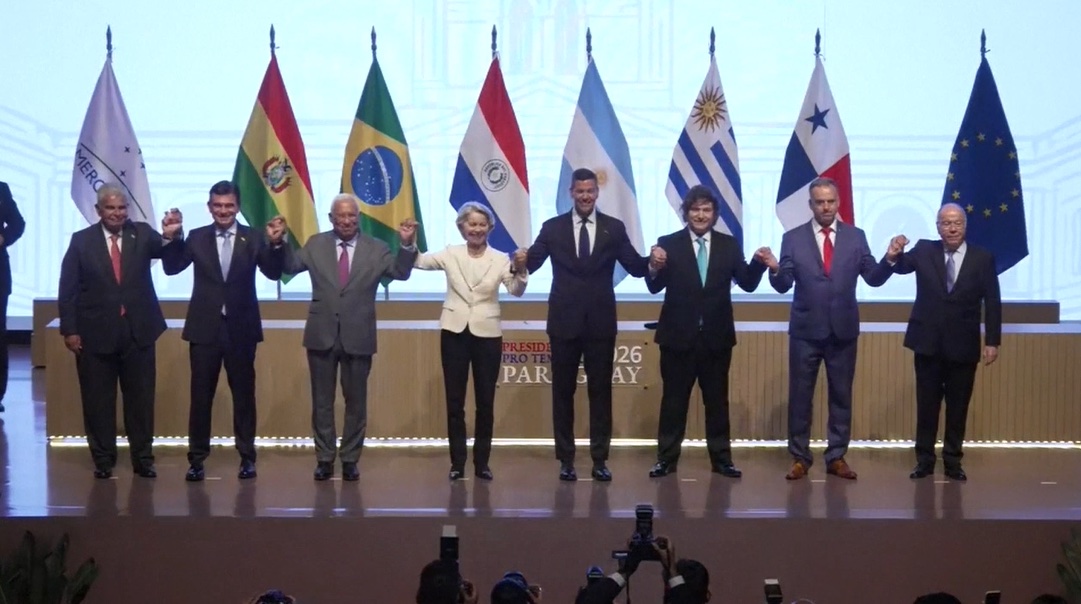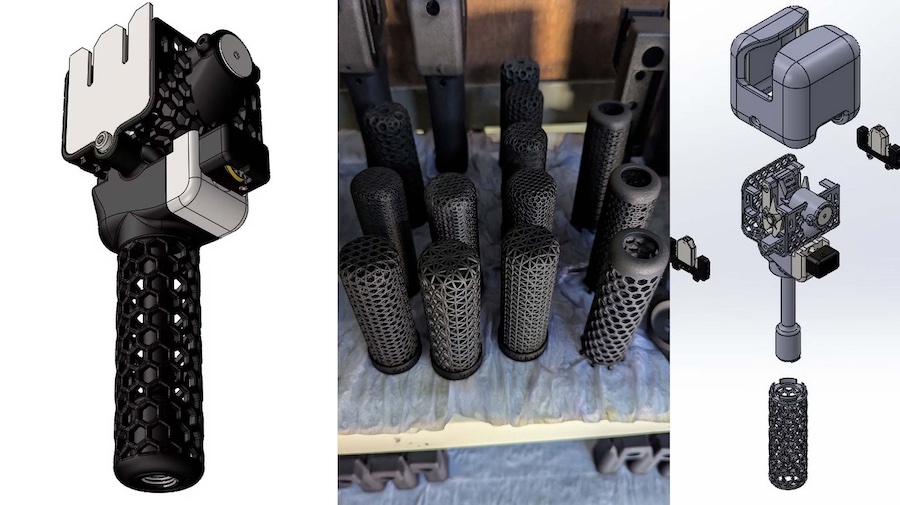#Associations
EURATEX stands for a clear and predictable GSP regulation
EURATEX publishes a position paper on GSP regulation, where it advocates for a series of changes to be considered in the forthcoming revision.
Trade policies can encourage countries in respecting human, social and political rights, but these efforts should not be standalone. They should be accompanied by other programmes and policies. Respect of good governance and human rights comes also from better monitoring of the conventions annexed to the GSP regulation. Plus, their implementation should be quick, effective and the EC should be the primary actor in the assessment process.
We believe that the withdrawal mechanism should be applied to GSP standard beneficiary countries in case of serious and systemic violations of principles related to the protection of the environment and good governance.
EURATEX proposes the next regulation to cover a wider range of products. GSP beneficiary countries will then need to diversify their exports and do not depend on one or few sectors. Such diversification will boost their investments and make their economy more stable in the long term.
With regard to the application of product graduation (losing GSP preferences), it is important to review the system by targeting GSP+ and EBA countries, and targeting individual products instead of product’s section. EURATEX found an emblematic case to support the change in classification. As an example, if we look at EU’s imports of HS Chapter 63 from Pakistan and India, we see the threshold of 6% was already reached. However, if we look at Section S-11a (Textiles) or S-11b (Clothing), the thresholds are not reached yet. An approach by product typology would be more relevant and accurate.
Finally, EURATEX emphasises that the current safeguard mechanism should allow a certain level of predictability for the economic operators. Therefore, it should be activated only when conditions are fulfilled, communication on it should be transparent, and it should be extended to all GSP countries.














